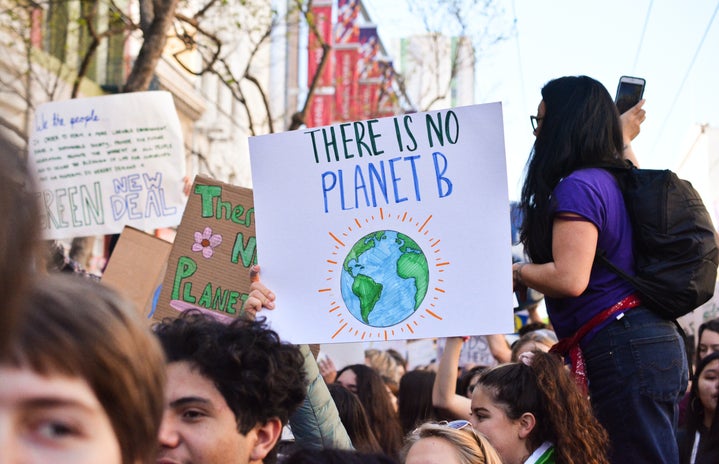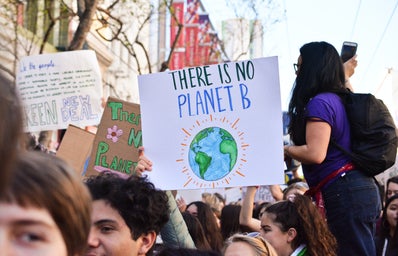The COP27 Climate Summit, a meeting of the United Nations in Sharm el Sheikh, Egypt for the past two weeks (November 6-18), was filled with tensions between the rich industrial countries and the poor nations that face the brunt of climate change. COP27, which stands for conference of parties, meeting for the 27th time, is a conference held annually by the United Nations to discuss the issues of greenhouse gas emissions, the energy crisis, and global warming.
Countries arrived in Egypt with contrasting goals. Wealthy countries were interested in exploring ways to invest in renewable energy sources, but developing countries were asking for reparations for the damages they face from climate change. The nations were tasked with exploring the question of what, if anything, industrialized countries owe to developing nations suffering from climate disasters they are not responsible for.
Additionally, these conferences tend to bring light to climate protests and demonstrations. This year, the COP27 protests were especially significant because demonstrations were banned in Egypt by the current leader, President Abdel Fattah el-Sisi. Despite the rules against them, hundreds of activists led a demonstration at the climate summit arguing for financial compensation from industrialized countries. The protestors were only protected because the conference grounds were under control of the United Nations, and not the Egyptian government. Many were hopeful that the conference would lead to change, but were disappointed that prominent leaders did not promise significant action.
As for the role of the United States, climate activists were disappointed to hear no talk of reparations when President Joe Biden spoke at the conference. Despite this, President Biden did focus on restoring America’s role as a climate leader and stressed his commitment to stopping climate change. His speech included a call to action, explaining that every country is responsible for increasing climate efforts because every country will face the damages. It has been a long struggle to pass climate law in the United States, especially after former President Trump halted federal action during his time in office.
Making promises to meet climate goals is certainly a step in the right direction, but the world will be watching to see if these goals are met. The livelihood of many nations continues to be at risk of future climate disasters. In the face of rising temperatures, United Nation climate summits must become more decisive and cooperative.


